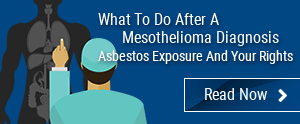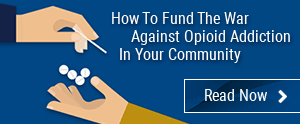Depression is a largely visible disease, and even family members and friends of individuals who suffer from it are often unaware of its damaging effect on their loved one. People in Ohio and across the country turn to treatments such as talk therapy or prescription drugs in order to seek relief. While many of these approaches may work, a common antidepressant, Zoloft, may not be as safe as most believe it to be. Sadly, drug injuries from pharmaceuticals can even worsen some people’s depression.
Zoloft isn’t only indicated to treat depression. Individuals afflicted with other mental illnesses like post-traumatic stress disorder and obsessive-compulsive disorder are also prescribed this medication. The Food and Drug Administration originally approved the drug back in 1991.
It wasn’t until July 2006, well over a decade later, that the FDA warned that there are serious side effects associated with its use. Mothers who had been prescribed Zoloft during pregnancy had a much higher chance of giving birth to a baby suffering from a serious condition. That same month, it was revealed that combining Zoloft with headache or migraine medication can cause serotonin syndrome. Those suffering from serotonin syndrome experience serious symptoms like exceptionally quick shifts in their blood pressure, hallucinations, comas and many more.
With 15 years passing between approval of Zoloft and the FDA’s warning of potentially fatal side effects, many doctors may have unwittingly prescribed this drug to patients who were not good candidates to take it. For Ohio patients in an already compromised state of mind, drug injuries can prove to be even more perilous, including an increased risk of suicide as was indicated in 2004. However, those who have suffered, including the surviving families of fatal victims, have the opportunity to seek compensation for damages that they may have suffered by taking a medication that was intended to help instead of harm. When successfully navigated, a product liability claim against the manufacturer can provide more than financial compensation, it can also provide justice.
Source: FindLaw, “Zoloft“, Oct. 28, 2014


